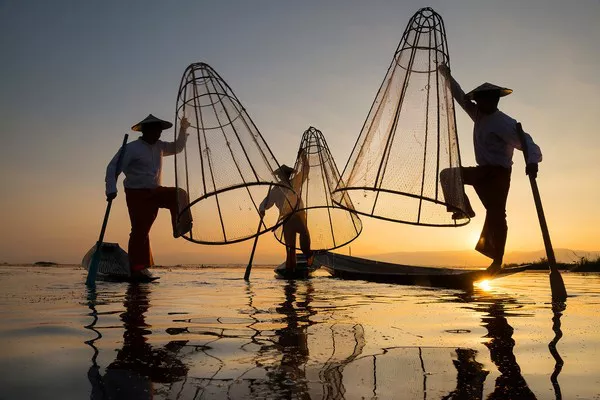In response to escalating worries regarding wastewater discharged from the compromised Fukushima nuclear power plant, Japan has moved to assure the safety and quality of its seafood. The country initiated the release of treated water from the Advanced Liquid Processing System (ALPS) at the Fukushima Daiichi Nuclear Power Station into the sea on August 24.
Concerns over safety prompted China to announce a ban on all seafood imports from Japan, followed by similar restrictions imposed by Russia and the continuation of an import ban by South Korea on Japan’s fishery products. Despite the growing unease, Cambodia’s Ministry of Commerce officials stated that the government had no intention of imposing a ban on Japanese seafood, citing Japan’s adherence to technical specifications.
During an online press briefing held by Japan’s Ministry of Foreign Affairs, a Japanese government official emphasized that safety was the utmost priority in releasing wastewater, emphasizing that the Japanese people would be the first to suffer from any consequences. The official clarified that the discharged water had undergone purification by the ALPS device and subsequent dilution with seawater.
Japan asserted its compliance with international regulatory standards and practices and sought the oversight of the International Atomic Energy Agency (IAEA) to monitor and review plans related to the ALPS-treated water discharge, aiming for safety and transparency.
The official highlighted that the Ministry of Health, Labour, and Welfare in Japan regularly conducted tests on food samples, measuring radioactive materials. Japan asserted that its seafood and products were safe, backed by extensive research. Radioactive tritium analysis results showed no detection even after discharging the ALPS-treated water.
Japan committed to discharging ALPS-treated water into the sea only after ensuring no harm to the environment or human health, pledging to maintain compliance with safety regulatory standards and undergo continuous IAEA reviews.
The government emphasized its transparent communication with the international community, conducting dialogues at various levels to explain the handling of ALPS-treated water based on scientific evidence.
The Japanese government, as of August 22, decided to proceed with the discharge of ALPS-treated water into the sea, prioritizing safety measures, preventing adverse impacts on its reputation, and supporting the livelihoods of local communities, especially fishermen. The government reiterated its commitment to ongoing IAEA reviews, strengthened monitoring, and dissemination of measurement results to bolster the appeal of Sanriku-Joban products.
Japan reassured the public that all possible measures would be taken to ensure the safety of the sea discharge, pledging not to release anything that could adversely affect health or the environment.

